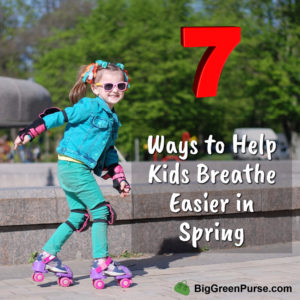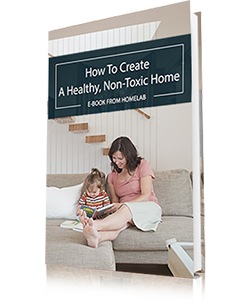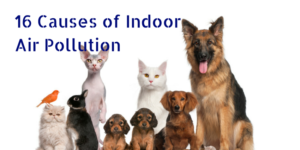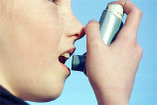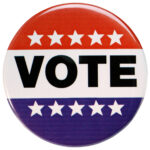Here in Washington, D.C., we’re having what’s called a “code orange day” — and that’s not good.
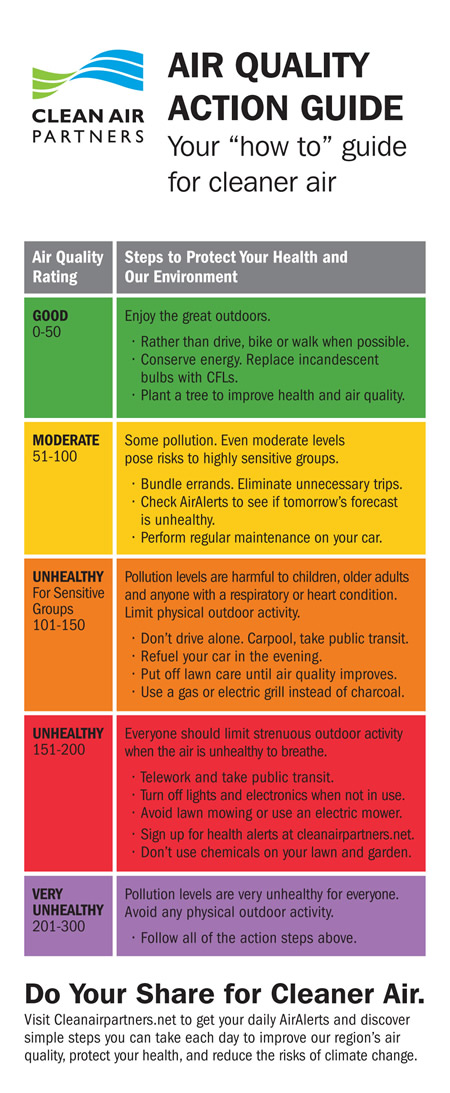
Specifically, it warns that “pollution levels are harmful to children, older adults, and anyone with a respiratory or heart condition.”
On a code orange day, parents should keep their kids indoors – even though it’s summer and they’d love to be running around outside. It means that older folks should stay inside, too – no brisk walks around the block, definitely no lawn mowing. Ditto for anyone with asthma or other lung ailments. When I hear “code orange,” I automatically think, “Uh, oh. I better stay inside,” even though summer is my favorite time of year.
Clean Air Partners bases its recommendations on a sort of measuring stick called the Air Quality Index, or AQI. The AQI, seen right, uses both a color-coded and a numerical scale to report on how clean or polluted the air is and what associated health effects might be of concern. The AQI, says Clean Air Partners, focuses on health effects people may experience within a few hours or days after breathing polluted air. Pollutants it monitors include particulate matter, ozone, carbon monoxide, sulfur dioxide and nitrogen dioxide.
Obviously, even if you don’t have a weakened immune system or heart disease or a similar problem, it’s not a good idea to breathe dirty air, no matter how old you are. Staying inside on code orange days or worse is a way you can protect yourself and your family in the short-term. Long term, we all need to work together to protect the air we all breath.
The most important action we can take is to use less energy, since burning oil, coal and other fossil fuels is the primary source of so much air pollution.
AT HOME:
Turn off lights and electronics when you’re not using them. Use a programmable thermostat like the Nest to keep your air conditioning at a reasonable and even temperature. Don’t mow the lawn if you really don’t need to. Use a gas or electric grill instead of charcoal.
AT WORK:
Telecommute if possible. Otherwise, carpool or take mass transit to work to reduce the amount of gasoline being burned. Support your employer’s energy-saving initiatives, which will help clear up the air in your entire community.
If you live in the Washington/Baltimore region, you can also sign up for free Air Alerts to get air quality updates, especially when pollution levels are projected to be high.
Our air can get dirty and smoggy, but it doesn’t have to. Saving energy always makes sense. It increases our national security and saves us money, too. But in the summer, it’s especially important, since it’s the best way to keep our air clean.




